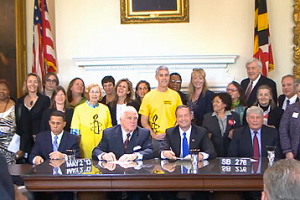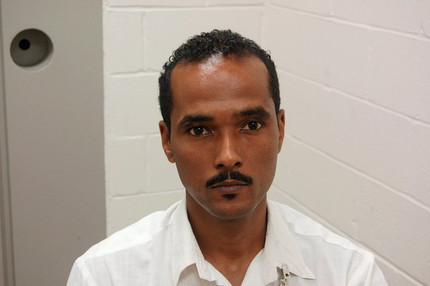
Colorado’s Governor granted an indefinite stay for Nathan Dunlap, who was set to be executed in August. In doing so the Gov. questioned the death penalty itself (Photo Credit: RJ Sangosti/The Denver Post via Getty Images).
Governor John W. Hickenlooper of Colorado did something rather extraordinary on Wednesday, when he prevented (by granting an indefinite reprieve) the execution of Nathan Dunlap. Dunlap was scheduled to be put to death during the week of August 18 for a horrible crime, the 1993 murder of four people – three teenagers and a mother of two – in an Aurora, Colorado, Chuck E. Cheese.
Hickenlooper’s reprieve was not based on anything having to do with Dunlap’s case, but was based on problems with the death penalty itself. As Hickenlooper writes:
“It is a legitimate question whether we as a state should be taking lives.”





